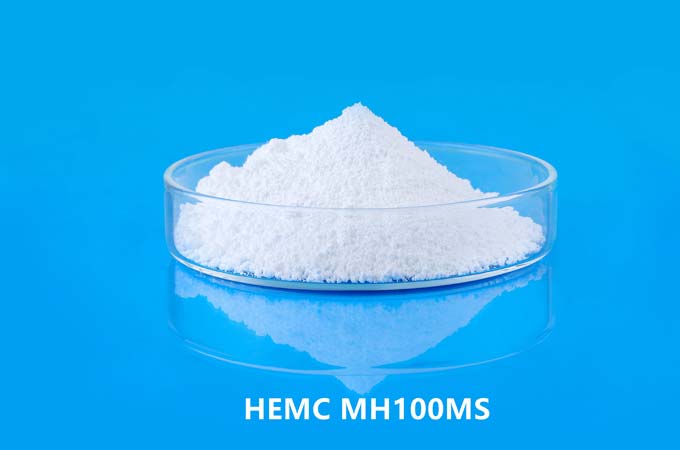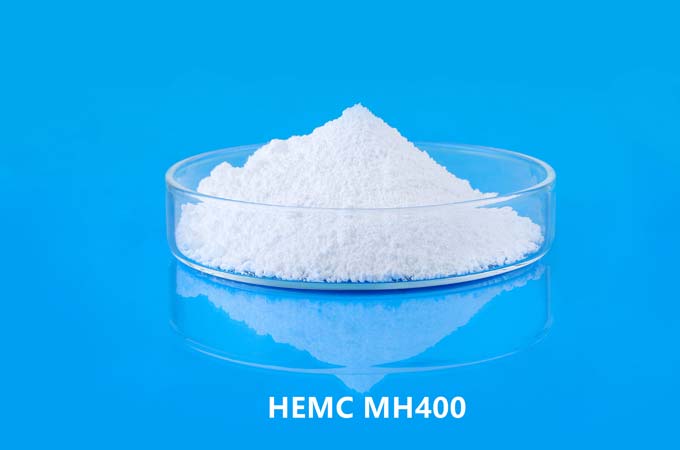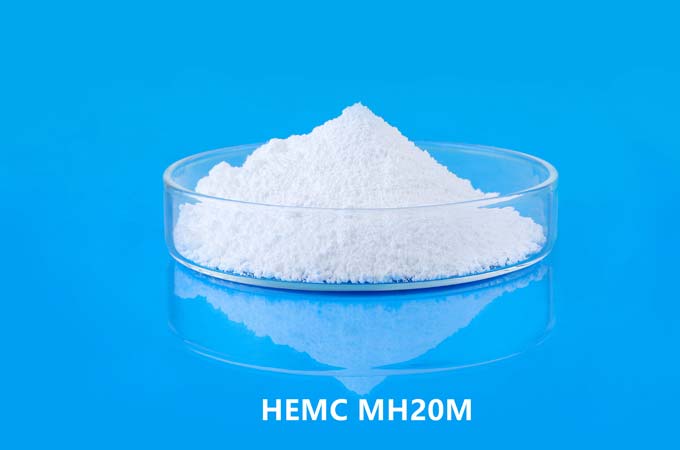Masonry mortar is an important bonding material used in construction projects for masonry bricks, stones, blocks and other building materials. The quality of its performance is directly related to the strength and durability of the masonry structure. Hydroxypropyl methylcellulose (HPMC), as a commonly used cellulose ether, plays a variety of roles in masonry mortar, such as thickening, water retention, and improving workability. In order to ensure that the mortar performance meets the construction and use requirements, HPMC must have a series of technical indicators and functional characteristics.

1. Good water retention
During the construction process, masonry mortar requires the mortar to have excellent water retention to prevent the water in the mortar from being lost too quickly during the masonry process, causing problems such as too fast drying, cracking, and reduced bonding strength. HPMC has a significant water retention effect, which can effectively lock in moisture, prolong the open time of the mortar, and make the mortar fully bonded to the masonry during the masonry process, thereby improving the overall strength.
Requirements:
The water retention rate of HPMC should reach ≥ 88% (high-quality products can reach more than 95%).
It can still maintain good water retention in a high temperature and dry environment.
2. Appropriate consistency and thickening performance
Masonry mortar requires moderate consistency during construction to ensure fluidity, shape retention and ease of operation. HPMC plays a thickening role in mortar and can adjust the viscosity of mortar so that it is neither too thin to flow nor too thick to be difficult to spread.
Requirements:
Select HPMC with a suitable viscosity grade according to the application scenario (generally 15,000-40,000 mPa·s, NDJ-1 type viscometer, 2% solution, 20°C).
Low viscosity HPMC is suitable for mortars with higher fluidity requirements; high viscosity HPMC is suitable for scenarios requiring strong water retention and shape retention.
3. Good construction performance
Good construction performance includes workability, smoothness, anti-sagging, etc. of mortar. HPMC can significantly improve the construction feel of mortar, make mortar scraping easier, and improve construction efficiency.
Requirements:
It can improve the adhesion between mortar and bricks, and avoid mortar falling off or not sticking firmly;
It can improve the anti-sagging performance, especially in vertical masonry or high-rise construction.
4. Moderate retarding property
HPMC has a certain retarding effect, which can prolong the initial setting time of mortar and increase construction flexibility. However, if the retarding property is too strong, it will affect the progress of subsequent processes and even reduce the early strength.
Requirements:
Control the appropriate retarding effect so that the mortar does not lose water or harden within 30 minutes;
It does not affect the mortar's 28-day strength development.

5. Good dispersibility and solubility
In order to ensure that HPMC is evenly distributed in the mortar, its dispersibility and solubility must be good to avoid agglomeration, fish eyes and other phenomena.
Requirements:
It should be able to disperse quickly in cold or hot water to form a uniform colloidal solution;
It is recommended to use surface-treated HPMC, which is more conducive to dispersion in dry-mixed mortar.
6. Stable chemical properties
The environment of masonry mortar is mostly alkaline. HPMC must be able to exist stably under alkaline conditions without degradation or failure to continuously exert its performance.
Requirements:
HPMC must have good alkali resistance and be stable in an environment with a pH value of 8 to 11;
It does not participate in the reaction and does not affect the performance of other additives.
7. Environmental protection and safety
As an additive, HPMC should meet environmental protection and safety requirements and be harmless to construction personnel and the environment.
Requirements:
It is non-toxic, odorless, and does not emit harmful gases;
It does not decompose harmful substances during the roasting process;
It complies with national or EU environmental standards (such as RoHS, REACH).

8. Compatibility with other components
Masonry mortar usually contains cement, lime, sand, redispersible latex powder, retarders and other materials. HPMC must be compatible with these materials without adverse reactions or performance interference.
Requirements:
Good compatibility with cement and cement substitutes (such as fly ash);
Does not affect the film formation of latex powder;
Does not cross-link or precipitate with other additives.
IX. Performance stability to adapt to different climatic conditions
The construction area may be under extreme climatic conditions such as high temperature, high humidity, cold or wind-dried, and HPMC needs to maintain stable performance.
Requirements:
Maintain high water retention at high temperatures;
Does not affect operability and construction bonding at low temperatures;
Low hygroscopicity, no agglomeration or deterioration during storage.
The requirements for HPMC in masonry mortar are multifaceted and specific, and the core lies in water retention, thickening, construction and chemical stability. In order to achieve the best results, HPMC products of appropriate models and viscosity ranges should be selected according to the masonry type, climatic conditions and construction requirements. High-quality HPMC not only improves mortar performance, but also significantly improves construction efficiency and masonry quality. It is an indispensable and important modified material in modern building mortar.
 English
English 日本語
日本語 français
français Deutsch
Deutsch Español
Español italiano
italiano русский
русский português
português العربية
العربية Türkçe
Türkçe Nederland
Nederland






